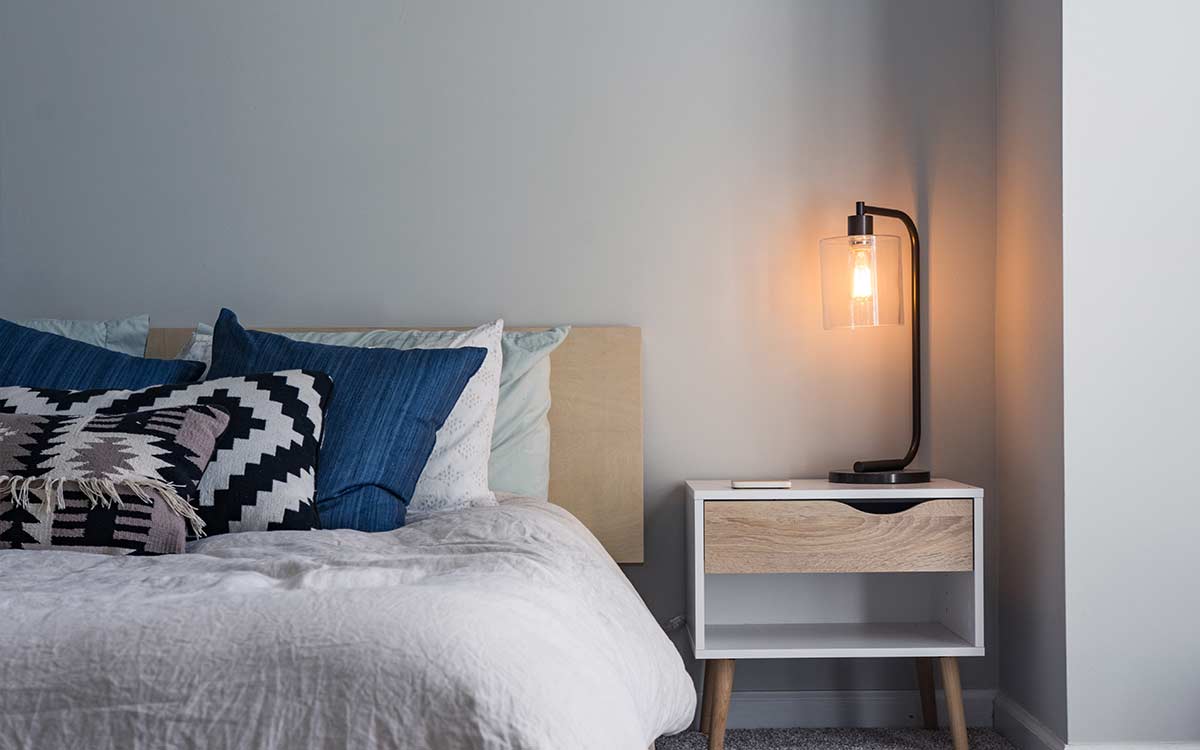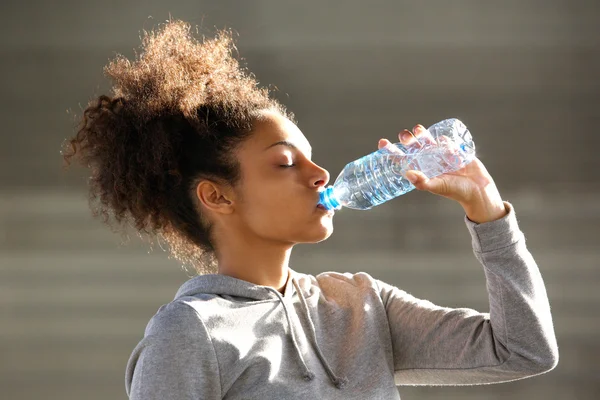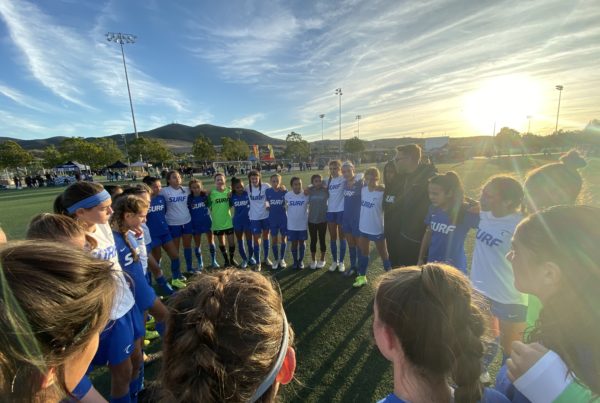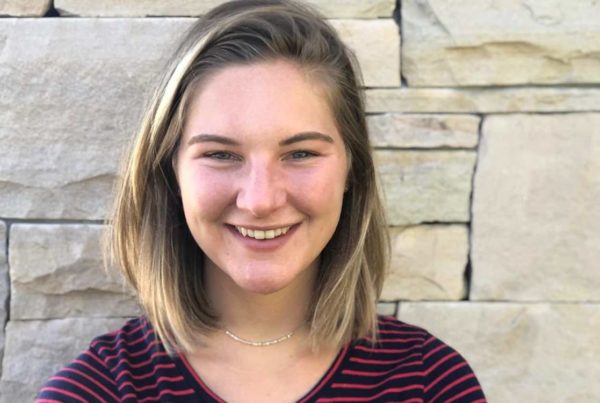
We have spent a great deal of time at ILTWYP sharing information about sleep, recovery, and mindfulness to help athletes succeed in sports, school, and life.
Scientist, Dr. Andrew Huberman, from the Department of Neurobiology and Opthalmology at Stanford University School Of Medicine, has made these topics his life’s work. Most recently, we stumbled upon a conference his department did on the nervous system and, in particular, sleep. And he brought up some unique ways to help kids get more and better sleep.
First, as a review, if you don’t know why this topic matters to athletes, check out this post we did about the many ways sleep affects a student-athlete. It’s mind-blowing if you think about it; this one simple thing touches almost every aspect of a child’s life.
Sleep is also hugely important to help a child or teenager regulate their emotions. Recent statistics indicate that 95% of male and 85% of female athletes report higher stress than 52% of non-athlete students. Add on top of that a pandemic and a significant reduction in their ability to participate in sports, and these numbers are probably even much higher now.
So finding ways for your athletes to get quality sleep is imperative to their mental health and their success.
Here are the key takeaways from Dr. Huberman’s hour-long talk.
- View sunlight the first thing in the morning. Do this not through a window, but actually by going outside. Even if it’s overcast, this will wake up the nervous system.
- Avoid bright lights between the hours of 11 pm-4 am. Don’t use overhead lights or have direct light of any sort.
- Use blue light or computer/device light only in the daytime. If you must use screens after dark, then dim the screens. It only takes a little bit of blue light to inhibit melatonin and make sleep more difficult.
- View the sunset. This gives your body and nervous system a cue to ready itself for sleep.
- Blast light in your kids’ eyes. It sounds cruel, but it really works if you are trying to get your kid on a better sleeping schedule. For 1-2 minutes, turn on their overhead lights in their rooms. You don’t even need to wake them up. This will help shift them to going to bed earlier and waking up earlier.
Check out more from Dr. Huberman on his podcast.
Originally posted on ILoveToWatchYouPlay.com






